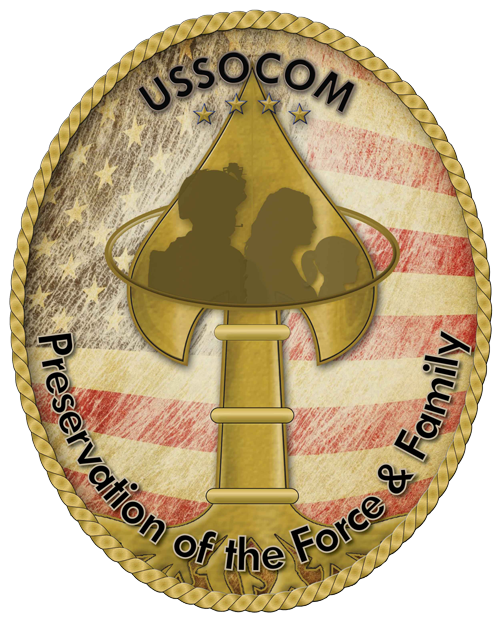Finding growth through trauma
The experiences of loss and trauma are part of life, and while many people have heard of post-traumatic stress, not many have heard of post-traumatic growth.
By:
Mind - Brain Health
-
11/15/2018
-
Page Image 1
-
Page Image 2
-
Slider Image
Page Content
The experiences of loss and trauma are part of life, and while many people have heard of post-traumatic stress (PTS), not many have heard of post-traumatic growth (PTG). PTG reflects that the struggles and hardships of trauma can mean opportunities for growth.
Because members of the SOCOM community are often at the frontlines of combat and danger, the impact of moral, physical, and psychological wounds are experienced not only by Operators and Enablers, but ripple out to their families as well.
Responses To Trauma
Some people are able to endure the difficulties of trauma, emerge from the experience, and over time recover and return on their own to their previous state. For others, trauma comes with a host of serious physical, emotional, and psychological consequences. Post-traumatic stress (PTS) is an example of a normal response to an abnormal event—one that is commonly seen among service members, especially those returning home from deployment.
With the help of loved ones and professionals, those distressed by trauma also can recover. After a major trauma, illness, or life-changing event, it's often necessary to adapt and create a "new normal" by letting go of the expectation of returning to your original state prior to the trauma.
Growth Through Trauma
Post-traumatic growth means that many who experience trauma can come out stronger as a consequence. That is, they find a "new normal" that is different in a positive way. Studies of post-traumatic growth have found that people can grow mentally, emotionally, and spiritually after horrendous experiences such as cancer, terrorism, sexual assault, natural disasters, plane crashes, and even combat. Here are some of the positive changes people might see after trauma:
Personal Strength. When people experience trauma, they often find an opportunity to learn more about their fundamental capacity to manage difficult situations, which can result in discovering strengths they might never have imagined.
Relationships. Traumatic events often allow people to discover the care and concern that others might be willing to share during the recovery process. Many people report experiencing growth and improvements in their relationships. Accepting support from others, reaching out for help and expressing emotions, and learning that you can count on others during times of trouble all serve to strengthen the connection you might feel to those around you.
New Possibilities. Sometimes trauma closes the door to goals that individuals and families set out to accomplish in life. In having to re-establish priorities and identify new goals, some people are able to see new pathways and possibilities for their lives they never knew existed.
Meaning And Purpose. Trauma is often accompanied by efforts to make sense of what and why things happened. The process of struggling to adjust your worldview can lead to greater clarity about life's meaning and purpose. Those who experience trauma also might develop a deeper sense of connection to something larger than themselves, whether spiritual or religious in nature or just the world as a whole.
Appreciation Of Life. Trauma often threatens what people value most in their lives, and the recovery process can result in a greater sense of gratitude for aspects of life that often go unnoticed. Trauma might shift your priorities and increase your appreciation for the value of life as well as the mundane things you otherwise might take for granted.
Misconceptions About Post-Traumatic Growth. Trauma and growth often go hand in hand: Struggle creates opportunities where people can gain strength and perspective, which then results in growth. In other words, you don't either feel stress or growth from trauma, but both. In other words, the experiences of PTG and PTS are not mutually exclusive.
Another misconception about PTG is that growth only happens for the resilient. It's also a misunderstanding to think only the weak experience struggles while only the strong experience growth. In fact, when you have more coping skills to begin with, you might not experience as much growth because you also might not experience as much struggle with the consequences of the trauma. That is, people who are more resilient at the start might not have as many chances as others to see those changes happen.
And So...
Understanding that trauma is a part of life doesn't make traumatic events any less distressing or surprising. Nobody wants to experience trauma, but if it happens, remember that it doesn't have to mean negative consequences: there might be an opportunity to come out the other side having been changed for the better.
Finding growth through trauma.aspx
Related Articles

